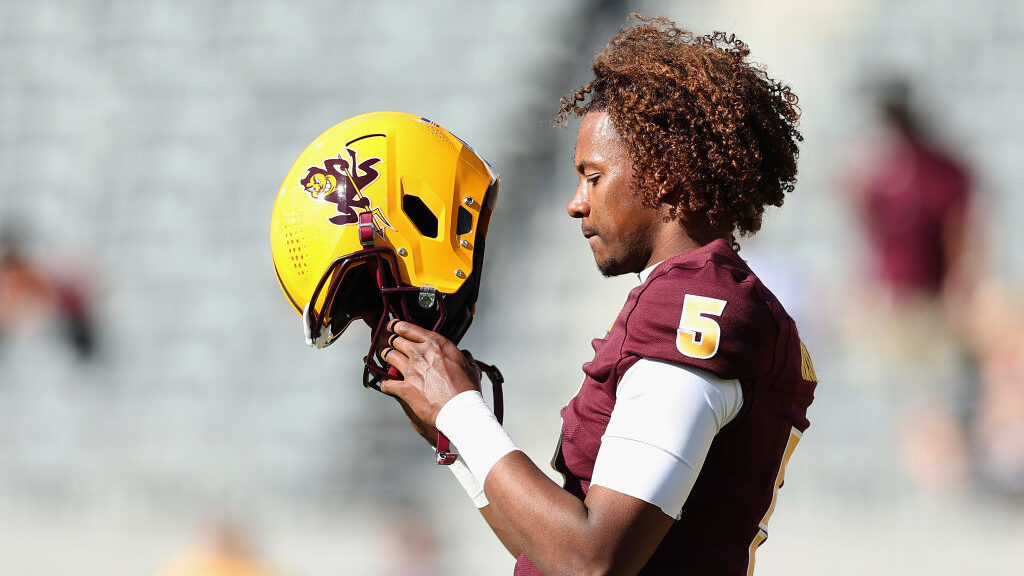
Once Name Image and Likeness (“NIL”) deals became permissible for college athletes, and huge sums of money became part of the recruitment process, it was inevitable that lawsuits would ultimately follow. Yesterday that shoe dropped for the first time. Jaden Rashada, a highly recruited quarterback, sued the head football coach for the University of Florida and a prominent booster for allegedly reneging on promises to pay millions of dollars.
The lawsuit gives us a glimpse of what the influx of NIL money has done to the college football recruiting process. It alleges that the head coach, the booster, and others defrauded Rashada by promising him $13.85 million to sign with Florida and then, after he turned down other programs offering less money and signed his national letter of intent, backing out of the deal. Among other allegations, the lawsuit asserts that the head coach promised Rashada’s father than he would receive a $1 million “partial payment” after Rashada signed the national letter of intent, but the player never got the money and the boosters didn’t live up to their payment promises.
Allegations in a lawsuit are just that–allegations that haven’t yet been tested by evidence presented in court–but the picture they paint of what the college football recruiting process has now become is pretty amazing. It’s a world that former coaches, like Woody Hayes, simply wouldn’t recognize. As an indication of how much the world has changed in this area, consider this: only a decade or so before the incidents described in this lawsuit, Ohio State football players were suspended for trading autographs and football memorabilia for tattoos, which seems pretty tame by comparison.
Another interesting wrinkle in this is that Rashada ended up going to Georgia–which, like Florida, is in the SEC. CBS Sports reports that Rashada told the Georgia head coach of his plan to sue the Florida head coach, and the Georgia head coach gave his okay. Why not–if highly touted recruits become skeptical about Florida’s NIL promises, that puts Florida at a disadvantage against Georgia and other competing schools. In any case, the lawsuit will make for an interesting game when Georgia and Florida square off this season. Now, rivalries won’t only be contested on the gridiron, but apparently in the courtroom as well.
